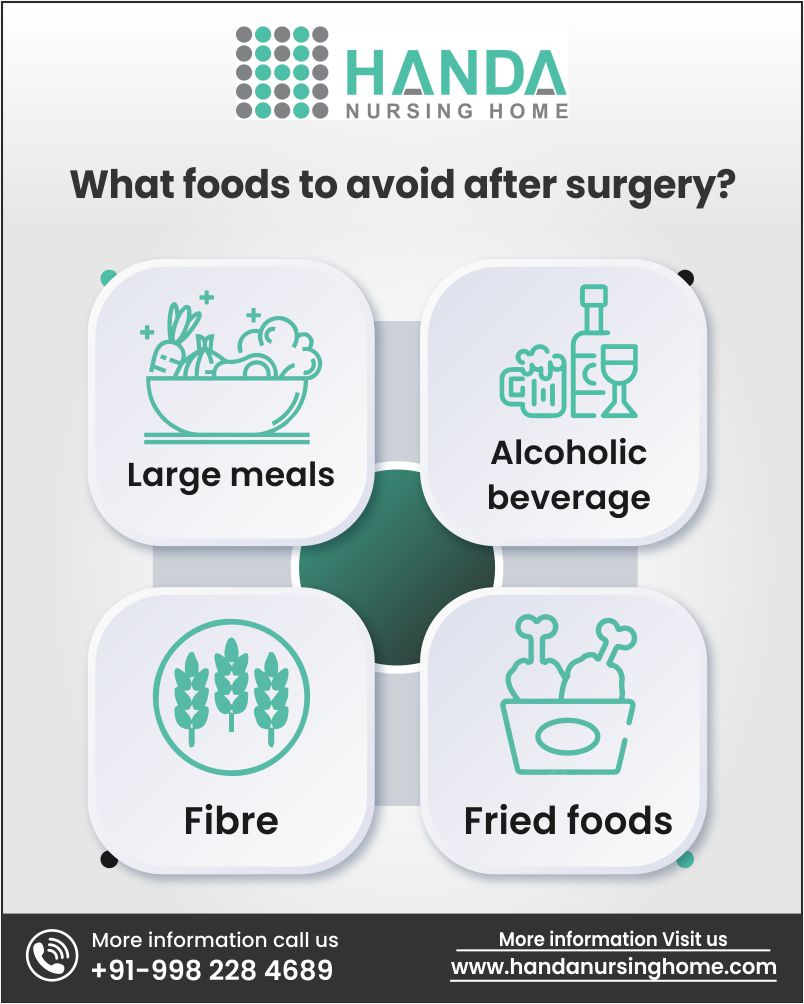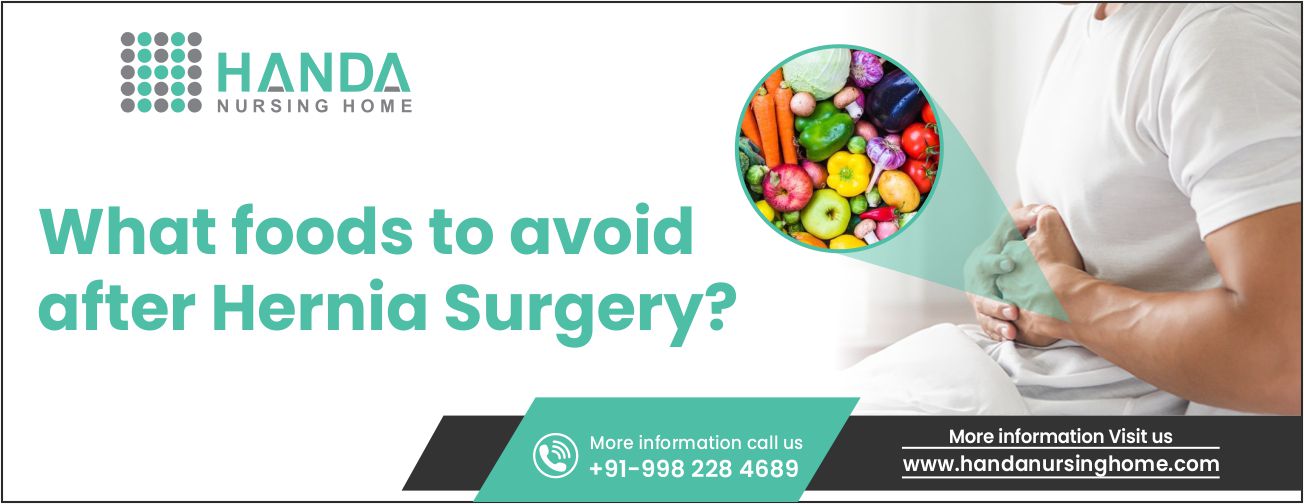Hernia surgery is the most common procedure done to treat the condition. Surgery is the only way to treat hernia, and there are three main types of surgeries: repairs, laparoscopic surgery, and robotic repair. Experienced doctors do laparoscopic hernia surgery in Delhi using a laparoscopic, a thin telescope-type instrument inserted through a small incision at the belly button. We perform the process under general anesthesia, and before the surgery, the best surgeon will have an evaluation of your general health that includes history, physical examination, and an electrocardiogram.
All about the hernia surgery in the Delhi process?
Hernia surgery in Delhi is a surgical procedure done under general anesthesia through a laparoscope connected to a tiny video camera that projects an inner body view on screen in the operating room. During the process, the inner lining of the abdomen is cut to expose the weakness in the abdominal wall, and then the mesh is placed inside to cover the defects and strengthen the tissue. After completion of the surgical procedure, the small incision is closed with a stitch and surgical tape. It is one of the common procedures nowadays owing to its benefits. After the surgery, the patient feels less pain and has a quicker return to work and a shorter recovery time of just a few days.

What foods to avoid after surgery?
Laparoscopic surgery takes less time to recover. there are many things that you have to avoid. After any surgery, consuming a healthy diet is vital to healing and speedy recovery. Diet after surgery is more specialized than getting the balance of nutrients. However, the food list varies based on where your hernia is located and how extensive your surgery was. After the surgery, you have to avoid:
- Large meals
After the hernia surgery, doctors recommend avoiding larger meals as they can put pressure on your stomach, which may lead to more pain.
Avoid citrus foods
It is better to avoid citrus fruits after hernia surgery as they can increase the risk of acidity and GERD, which can affect hernia symptoms.
- Alcoholic beverages
Doctors may suggest patients avoid excessive amounts of alcoholic beverages, which can lead to many health-related issues. Alcohol makes a body pass more water, and it may end up staying dehydrated, which can negatively affect the digestive system.
- Fibre.
After the Surgery, it is better to avoid fiber intake. People should avoid eating foods with excessive fiber, like mushrooms, cabbage, onions, garlic, broccoli, chewing gums, etc.
- Fried foods
It is better to avoid fried foods, and you should eat foods after sauteing, boiling, and baking instead of frying. It will help you manage your fat intake and keep your digestive system healthy.
What to include in your diet after hernia surgery?
After laparoscopic hernia, they will give you liquids for about 12 to 24 hours. The liquid diet just after the surgery is to help parents avoid nausea and vomiting that solid food aggravates. After you pass out the semi-solid phase, you still have to restrict your diet and avoid the food items listed above. You can include many things in your diet, like:
- Milk
- Plain yogurt
- Vanilla ice cream
- Strained creamed veggies and purses
- Nutritional drinks avoiding chocolate
Suppose you seek the best clinic for laparoscopic hernia surgery in Delhi, then book your appointment at Hanad Nursing Home. The clinic is among the top and well-known clinics equipped with the latest and most advanced techniques in a state-of-the-art facility to offer world-class care and lower-risk outcomes.

